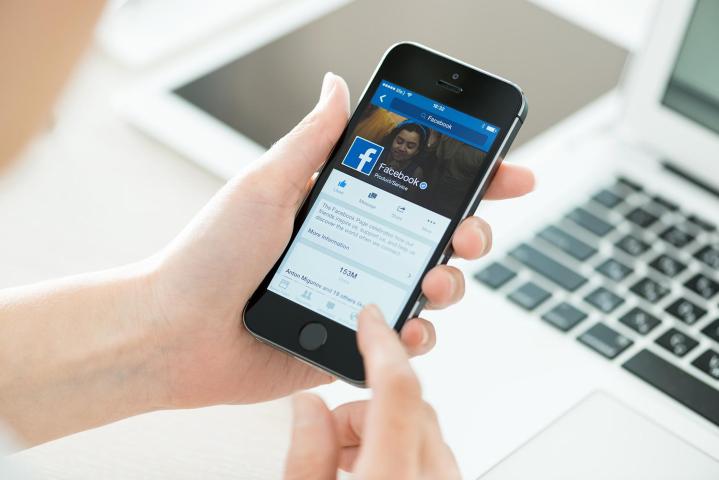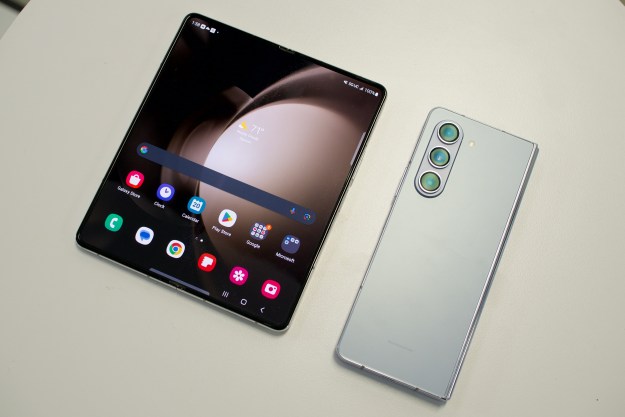
To make developers realize the gap between networking speeds in Silicon Valley and the 2G Internet speeds experienced in India, Indonesia, and Vietnam, Facebook is launching a new internal activity called 2G Tuesdays.
For one hour on a Tuesday, Facebook employees will be able to downgrade their Internet speed to 2G. The activity should help promote solutions to related issues, bugs, and slowness on the social network, alongside letting developers see the progress they’re making on 2G.
Facebook for 2G and 3G is much better than it was a few years ago, thanks to extensive fine-tuning by the networking teams. An open-source program called Network Connection Class system is able to configure
The social network is also investing millions in Internet.org, a free Internet platform for users in Africa and South-East Asia. Facebook recently acquired the Ka-band capacity on the Amos-6 satellite, to provide Internet across the entire African continent.
Internet.org hasn’t gone as smooth as Facebook would have liked, with Indian companies pulling out of the program after anti-net neutrality complaints. The social network tried to fix relations by opening the platform to developers that met the company’s criteria.
Facebook is currently used by 1.4 billion people around the world, making it the most popular social platform by a large margin. It plans to have two billion people online by 2016, and perhaps millions more if
Even though it might look like Facebook is fixing the networking problems across Asia and Africa to give users a better experience, there is always another side to the story. Keeping users on the social network for longer means more ad views, more info collected, and more people joining the platform.

